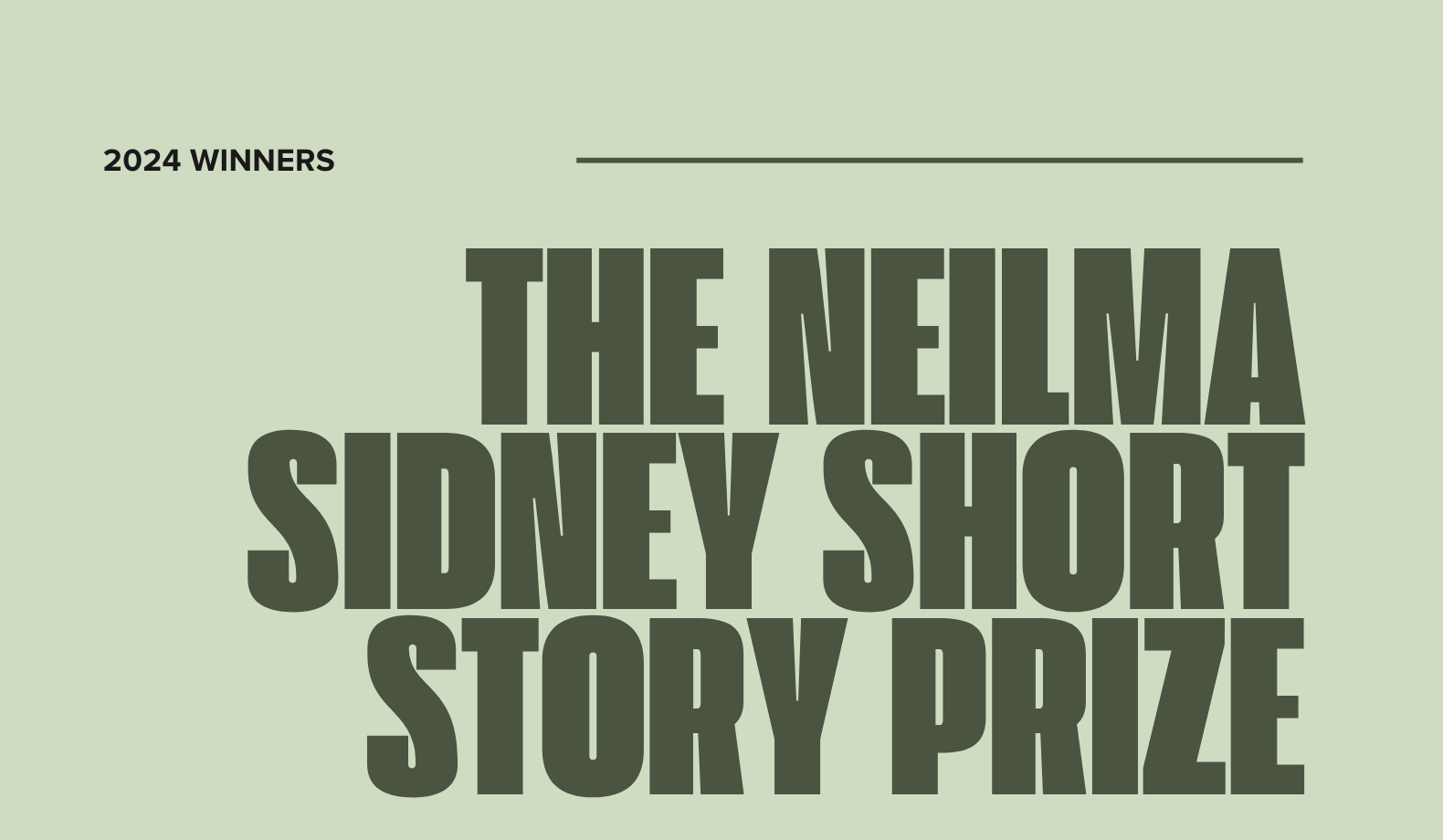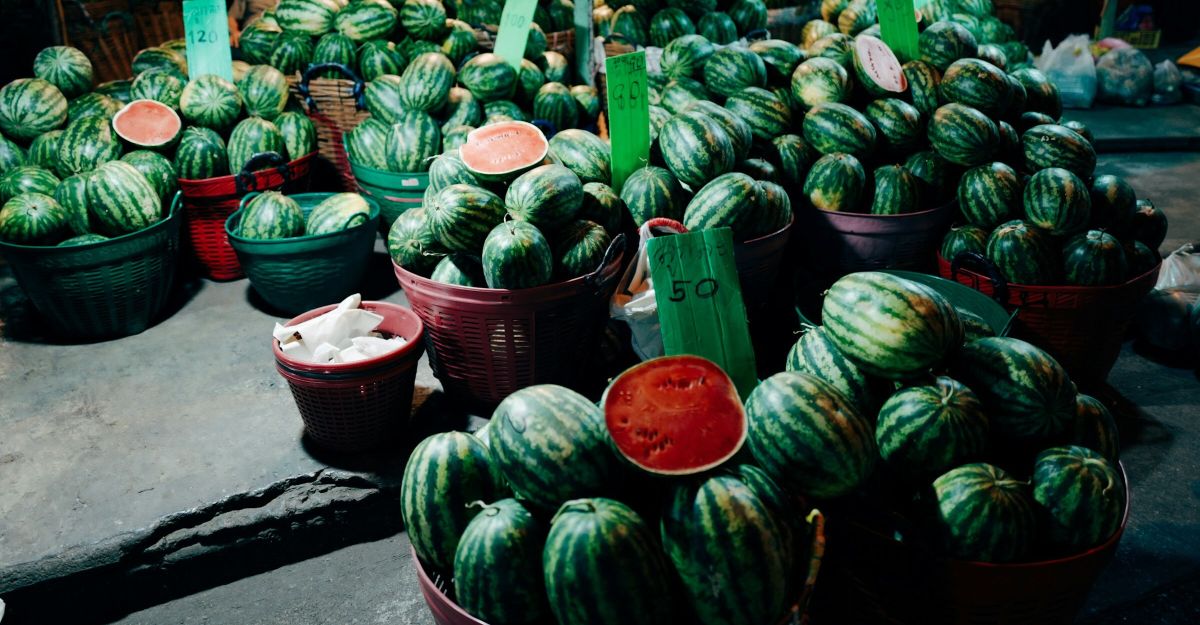A woman is lying on her back, disappearing into the sand. Bit by bit. First her belly, then her legs and lastly her feet. Her eyes are closed. She could be dreaming. She could be dead.
From above on the boardwalk, Madeleine has an excellent view. A boy and a girl gleefully scoop and dump sand over the woman’s body. The mother must trust them not to get carried away and dump sand on her head.
Burying Mummy is fun. Mummy is likely enjoying the rest. Soon she will surprise them by springing to her sandy feet, shaking herself down and startling the children with her vigour. For now, she is still, her mother mound marked with the imprints of their small hands. The children stand and wipe their hands on their plump little bellies. They look down at her with satisfaction.
It could work. The sand eroded from the surrounding orange rocks is golden. The sun is directly overhead so it casts no distracting shadows. Madeleine burrows in her bag for her portrait lens, attaches it, and, using the railing as a tripod, frames the long mound of the mother, the children foreshortened by her bird’s eye view.
A crow lobs in and squats in the lower left corner of the frame. Shifts its feet. Settles glossy black feathers. Crows didn’t used to ransack the beach for food. In the fifteen years she has lived here much has changed. Bigger storms hollowing and dumping. More people. Fewer gulls.
The crow stares about with accusing eyes, plunges its beak in the sand. Madeleine selects her smallest aperture, enabling a slow shutter speed. When the crow flies off the blur of black wings will create sinister overtones. Madeleine is a stock photographer for an agency specialising in pictures sufficiently arresting to be chosen for book covers or commercials. Theoretically the same image could be used in many different situations. It’s all about suggestion. The title, say, or persuasive words.
The mother has moved. Sand has fallen in over her feet. Her pink toes splay and wriggle. The boy, exasperated, shovels with his little arms. Keep still, Mummy! The crow does a square-footed hop and launches itself into the air, wings beating strongly. Madeleine hears the slow glide of her shutter and checks her viewing screen. Yes. The wings are suitably blurred, the sandy mound is in forensic detail and the mother’s face is turned away. No one would recognise her. The children have gone. Just as well. Without signed permission from the mother she can’t use the children anyway and the mound and the curve of the mother’s cheek is sufficiently suggestive of dark deeds to be disturbing. The viewer will be drawn to know more.
People disappear in so many ways, especially children. Tender bodies covered by sand or soil, perhaps a small grove of olives planted on top of their too-enduring bones. Or else, kept alive to be used in unthinkable ways. When she thinks like this, she is relieved she has no children, has never had to endure that ongoing raw anxiety.
A man props a metre or so away. He burrows in his sports bag and places an unopened bottle of beer on the railing. Flicks away a dried seagull dropping. Holds his mobile in front of the bottles. The glass gleams, beaded with moisture. He sways, peering and angling, taking horizontals then verticals. Burdened by his solid belly, he bends with difficulty, grunts and shoots looking up. Madeleine imagines he’s after an advertising starburst.
So, what’s with the mobile? Why doesn’t he use a real camera?
The girl gives her mother a curvy mermaid tail.
The boy dashes to the water. Stands, hands on hips, staring out, a small replica of a grown man, quietly self-contained. The girl, in pink togs, is wandering back, has no idea she is being watched from above. She squats at the feet of the curvaceous orange rocks, picks at something, maybe a barnacle. Well, good luck with that, little darling. You won’t have a hope in Hades of dislodging a barnacle. You’d need a hammer and chisel. They know how to cling to life.
From up here the mother’s face is round and wholesome. Her cheeks are rosy but Madeleine imagines her body, buried in sand, will be cooling. And may take a while before she can get it working again.
The bulky man rummages in his bag, brings out another bottle and lines it up with the first. He takes more photos. So does Madeleine. Surreptitiously, she changes her lens to a wide angle and moves back to get him in the frame.
The man’s gaze now tips over the railing and fixes. He leans over. Stubby thumb and middle finger busy on his screen, shunting in and out. He is using his little finger to shoot—if you can call it shooting using such a toy. He seems to have forgotten his bottles.
Quick, so quick.
A frenzy of pics.
She thinks of the foraging crow.
The camera is power.
The girl has long fair hair. When she bends over her mother, the girl’s hair falls over her face and her togs ride up over her little bottom. She pats the maternal sand tummy. Wake up, Mummy, wake up! As in the best fairy stories, in time to forestall panic, Mummy does. She smiles. Lifts her head. Perhaps catches a glint of glass from above. Stares up. At Madeleine, a woman burdened with a serious camera, at the man with his dinky little mobile. Yet, if the mother harbours suspicion, Madeleine knows it will not be of her.
The light is tremulous, slippery.
The boy runs back from the water. Yelling, waving his arms.
The man is no longer looking at the screen. You could be forgiven for thinking he is doing nothing at all, that his little finger is innocent, has no intent, animated by nothing more than a nervous tic. His face is red and sweaty. Madeleine wants to ask, what’s with the photos?
His lower lip sticks out.
In fact, she is prepared to concede her own face may look similarly avaricious when she shoots. She’s been doing it for years. Plucking images from this feverish world which does not, not for an instant, stay still—unless you freeze it with your shutter, the faster the better. Click. Click.
Sending images off to the agency for an income of sorts. Storing thousands of images, initially as negatives in clear cellophane sheets stacked in her steel filing cabinet away from the damp. Since going digital, storing them in her hard drive and that infuriating cloud, which is not as nebulous and romantic, nor as safe, as it sounds. At the touch of her mouse, pixels, pixies, slippery shape-shifting things, fly through the web and are snared in the dreams of others, in their rabid desires, transforming and multiplying, while Madeleine spends her profits and continues to click. And mothers, desperate for peace, allow themselves to be buried in the sand by their children, and close their eyes oblivious to the gaze of others, or lie on the sand reading novels, their covers perhaps inspired by Madeleine with her long lens and assessing eye.
The mother sits up.
Sand falls away in clumps. She stands. Brushes herself down. Gathers her children, picks up her bag. Calmly, they walk off down the beach, leaving their footprints on the golden sand. The prints of the children barely dent, you would need slanting shadows from a setting sun to reproduce them clearly.
The man takes out a key and points it at the cars ranked on the road behind them. Headlights flash on an unremarkable grey Toyota.
‘Your bottles,’ prompts Madeleine.
He blinks, ‘Oh yes, I nearly forgot.’
As he puts them into his bag, she takes a quickie of his numberplate PFE 101. God, she hates how her brain does this.
‘It’s artisan…the beer.’ He winks at her.
She recoils. She is not like him.
She has no idea how may be used.
His Toyota grinds off up the hill.
Madeleine sits down heavily on the bench and scrolls. Deleting the images that don’t work.






